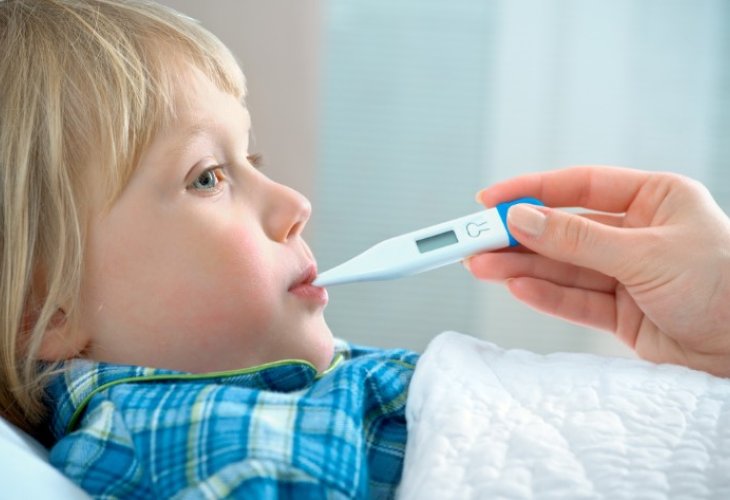Why Do Children Get Sick Often and Recover Slowly?
A new study finds age-dependent differences in immune system functions between adults and children.

Every parent knows this phenomenon: a child starts attending kindergarten and suddenly falls ill every few weeks—not quickly recovering either. In a family with several children, illnesses often pass from one to another. However, parents seldom catch these illnesses. Generally, adults fall ill much less frequently than children do.
The common explanation for this is that children’s immune systems are not fully developed, making them more susceptible to infections. But what exactly is different in the immune systems of adults compared to children? A new study from the University of Iowa (USA) aimed to answer this question.
Researchers examined two groups of mice: the first group of mice was three weeks old (comparable to human children), while the second group was 8-10 weeks old (comparable to human adults). All mice were infected with the influenza virus, and researchers studied their immune responses.
Findings: The young mice's CD4 T cells (immune cells that play a crucial role in fighting viral infections and producing antibodies) secreted significantly lower amounts of cytokine (protein) called interferon gamma, which is known for its antiviral importance. As a result, while the older mice recovered from the flu, the younger ones remained sick for a prolonged period.
"These new findings are important because they begin to highlight central immune mechanisms that function differently at a young age, allowing delays in viral recovery—which can lead to prolonged contagious periods," the researchers say. "We hope that this information will help us develop ways to strengthen children's immune systems, and we might also need to consider these data in vaccine development, now that it has been proven that children's immune systems indeed function differently."

